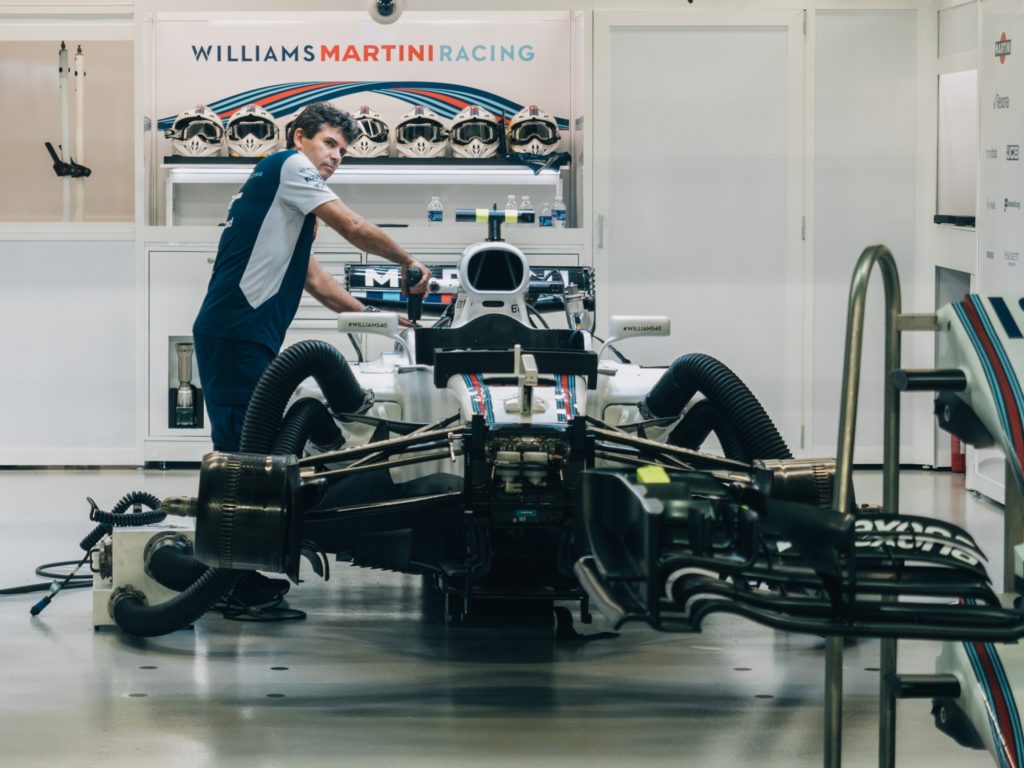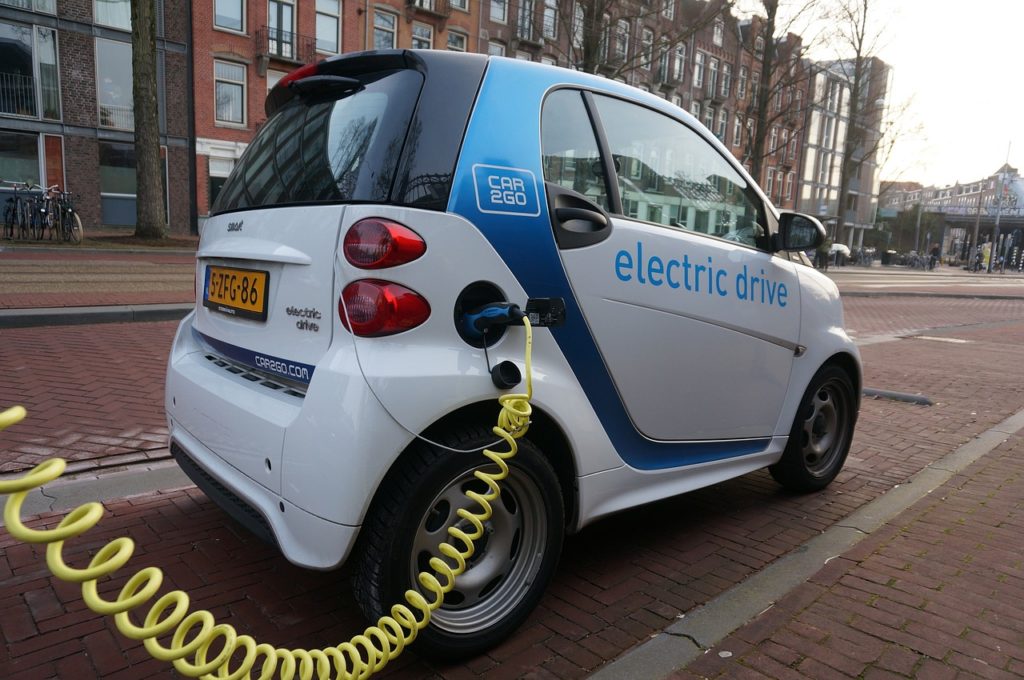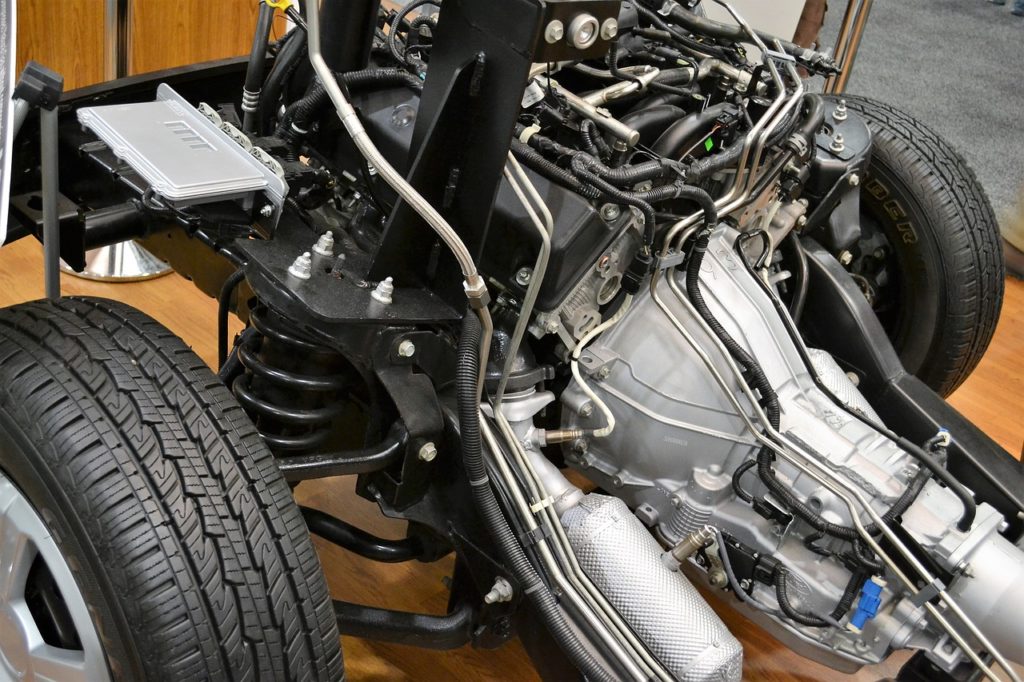Is it your dream to become a mechanical engineer in the automotive field?
First, if you’re looking to launch your own blog and start writing articles yourself, no matter what the subject, you can launch your blog with Bluehost for just $3.95/month.
Start creating content and launch your blog with Bluehost.
If so, you have more than likely done a search of “automotive engineer”. The pictures that may have came up might include a younger, stylish man smiling at his laptop with a gleaming, disassembled Ferrari behind him, or a few engineers in white coats analyzing a massive Formula One car engine. You might imagine that this looks like a very exciting career that wouldn’t be dull or boring in any sense!

Unfortunately, these pictures are not entirely accurate, however there are a lot of gratifying career opportunities for mechanical engineers in the automotive field.
Mechanical vs Automotive Engineering
Mechanical vs Automotive Careers
Firstly, to get the obvious out of the way, mechanical engineers that are employed in the automotive field are not in any way similar to automotive mechanics. Normal people i.e. non-engineers, commonly get mechanical engineers working in the automotive field and auto mechanics mixed up.
Mechanical engineers in the automotive field generally are employed by manufacturers at various stages in the manufacturing process; testing and designing systems and parts. In contrast, auto mechanics work in dealerships and garages, and perform maintenance and repair procedures on cars. Professional engineers very seldom confuse the two professions.
To get to the point, automotive engineering is a sub-discipline of mechanical engineering. Even considering the great revolutionary leaps forward in automotive technology over the past 10 years, vehicles including cars are still mainly mechanical. Fuel types/sources might be very slightly moving from oil and gas to electric, hydrogen or solar, vehicles still have to change this energy into torque to propel themselves forward.

The cars’ engine is obviously not it’s only mechanical component. Motor vehicles are very complicated and are made up of a multitude of individual components, lots of which are mechanical.
If you can imagine all of the meaningless mechanical parts in a car: seat belt systems, trunk opening lever, gas cap or hood, latches, seat adjustment hardware and much more. Believe it or not, every one of these pieces require testing and design, which is carried out by mechanical engineers for major vehicle manufacturers.
Mechanical vs Automotive Education
With regards to education and training, automotive engineering is generally presented to students as a specialization or minor to a mechanical engineering program. These courses include specialist courses on chassis and body systems, drive-train design and testing of crashes to the existing mechanical engineering program.
Many Universities like the Kettering University in Flint, Michigan, Ohio State University and the University of Michigan offer masters degrees as well that are geared towards automotive engineering (pun intended). Advanced subjects like vibration monitoring and emissions, fuel cell design and automotive bio-engineering are also included in these programs.
Mechanical engineering degrees have a lot to offer professionals who would like to venture towards an industry that would need the services of a mechanical engineer. Mechanical engineering graduates can basically get the best jobs to deal with automotive, ventilation, world-class automotive manufacturing, heating and design and air-conditioning.
Mechanical engineers can work in various fields, and that is why they have bigger tasks and responsibilities wherever they are employed. Some of their main responsibilities include designing products and systems on AutoCAD, Revit, Inventor and Fusion 360.
It is a common misconception that mechanical engineering is the same as automotive engineering, in a sense that they both deal with automobiles and its mechanics. However, this is not very accurate, although a mechanical engineer can actually cover the job of an automotive engineer as both can be good at fixing and designing cars. The differences are in the specifics of the respective professions.
Mechanical Engineer
Mechanical engineers are what we call a generalist in the study of mechanization. They can apply their education to various industries, They can work in the aeronautics industry, robotics, manufacturing, petroleum, and numerous other industries that utilize machines.

Mechanical engineering in the automotive industry is like the parent department of the different branches of engineering science – regarding the use of machines like design engineering, automotive engineering, production engineering and even noise and vibration engineering. Mechanical engineers study the workings of machines extensively.
Automotive Engineer
An automotive engineer is an engineer specifically dedicated to the automotive industry, and that includes motorcycles, buses, trucks and cars and each of their engineering sub-disciplines.
Automotive engineers design products in whatever the vehicles can cover, do research and development to solve automotive engineering issues and are also involved in the production that covers the designing and planning of automobile parts. In short, they are engineers built for the automotive industry.
Mechanical Engineer in the Automotive Field – Education
As mentioned previously, a student of mechanical engineering that is interested in the automotive field might have the option of minoring in an automotive specialization. That being said, students hoping to still keep all of their avenues open would be smart to enter into a mechanical engineering degree.
Currently, mechanical engineers are in great demand to a vast array of fields, including robotics, alternative energy, control and automation, optics, materials, manufacturing and more. A lot of these fields, specifically alternative energy and automation, are growing very fast and show no signs of slowing down. One way to stay up-to-date with all of the advancing fields is to take online courses on a platform like LinkedIn Learning, which provides certifications after completed courses and is free for the first 30 days!
Students passionate about automotive engineering who choose to study a mechanical engineering degree can compliment their course through alternative activities concentrated on automotive enthusiasts. Formula SAE, which is operated by SAE International, gives a challenge to engineering students to build, test and design their own versions of a Formula One style race car.

The 2017 North American Formula SAE Competition takes place in Brooklyn, Michigan, had 120 teams and 2.2k students race one another in their designed vehicles. Joining an organisation like this can be a fun way into the automotive industry as well.
The U.S. Department of Energy funds a few advanced vehicle technology challenges, similarly asking student teams to apply advanced automotive technology to existing creations. Being involved in the program such as this while completing your mechanical engineering course is a fantastic way to obtain real world experience in automotive engineering before “pigeon hole-ing” yourself.
These competitions are teaching students how to work efficiently as a part of a team and merge multiple parts into a viable vehicle, this is one of the cornerstones of being an automotive engineer.
The automotive field has seen great revolutionary jumps forward within the past 10 years, but mechanical engineers remain to be very strong in the automotive market. Whether they’re working with latches or engines, testing or design they keep suppliers and major manufacturers churning out reliable and safe vehicles.
Mechanical Engineer in the Automotive Field
What is the role of a mechanical engineer in the automotive field if the experts i.e. automotive engineers are already there? Mechanical engineers are inherently good at designing machines, its components, processes and systems, they can also be in charge of evaluating designs created by automotive engineers to ensure efficiency, safety and reliability of the vehicles being produced. For example, they can refine automotive models and its components so that they can pass safety standards and be viable for commercialization.
Mechanical engineering skills can also be applied in the calculation of power needed for cars, dimension-ing the cars, their mechanical parts, calculating the required cooling system for a specific automobiles and conducting and studying crash absorbing devices. They are able to design steering systems and basically everything that involves hydraulics, pneumatics and an automobiles energy-efficient aspects. The calculations of the processes that take place inside of automobiles can be handled by mechanical engineers.
The production of automobiles is a multi-billion dollar business, so there has to be close coordination of all the engineering trades so that everything works properly together. Mechanical engineers and automotive engineers have to work closely together in the automotive field to develop engines, frames, braking systems, gears and other components to make them work properly.

Some of the roles that can be completed by mechanical engineers and in some cases automotive engineers are:
- Organizing and devising tests to answer questions from clients, engineers and consumers involved in vehicle development
- Interpreting and analyzing technical data into presentations or reports and answering any queries about the results
- Anticipating component or vehicle behavior in different conditions using CAD (Computer Aided Design)
- Monitoring any related engineering or systems issues associated with the component and final product
- Negotiating costs of engineering/development work with commercial departments
- Managing all details of projects, including projected costs
- Creating new test methods including innovative and conventional methods
- Bringing new products to market and being involved in project management and problem solving
- Developing an individual specialism within a bigger team and being independent
- Being integral to regular team meetings to keep colleagues up-to-date on problems, progress and new development
- Acknowledging the benefits of engineering development to connected departments in order to secure internal funding and market projects
- Supervising engineers, designers or technical staff
- Operating in collaborative teams across countries in order to design tests focused on analyzing the competence and validity of new technologies
Thank you very much for being here – we appreciate you taking the time to read our content. If you have anything to add, please feel free to leave a comment down below, and sign up to our newsletter for more of the same!
You can also follow us on LinkedIn, Facebook, Twitter, and Instagram so you can stay up to date.



